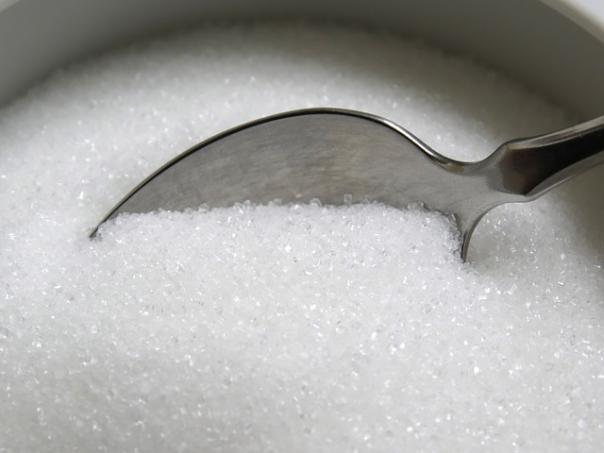
Latest figures show that there are 533 children and young people, including 11 aged nine or under, in England and Wales with Type 2 diabetes.
Unlike Type 1 diabetes, Type 2 is largely preventable and is closely linked to lifestyle, such as unhealthy eating or lack of exercise.
LGA Community Wellbeing spokeswoman, Cllr Izzi Seccombe, said: "Obesity is usually linked with major health conditions later on in life, but already, we are seeing the early consequences of child obesity, with more and more children developing Type 2 diabetes as a result.
"Type 2 diabetes is normally associated with adults, so it is a major concern that we are seeing this in children and teenagers.”
To coincide with Diabetes Week, the Local Government Association, which represents more than 370 councils with responsibility for public health, says the number will continue to rise unless bold action is taken in the Government's childhood obesity strategy.
The Government has long delayed its forthcoming childhood obesity strategy and is now expected to publish this ‘in the summer’. Jamie Oliver threatened to be a ‘pain in the arse’ to the government if the strategy is ‘rubbish’ and urged Cameron to focus his efforts on the strategy following the EU referendum.
A survey of children under 17 in the UK found that 95 per cent of those diagnosed with Type 2 diabetes were overweight and 83 per cent obese.
The first cases of Type 2 diabetes in children were diagnosed in overweight girls of Asian ethnic origin in 2000 and first reported in white adolescents in 2002.
The single greatest risk factor for children developing Type 2 diabetes is being overweight, which in turn can lead to obesity.
Data from the National Child Measurement Programme, carried out in schools and funded by councils, shows one in 10 four and five-year-olds and one in five 10 and 11-year-olds are obese.
The LGA has previously called for teaspoon sugar labelling and a reduction of sugar content in fizzy drinks, greater provision of tap water in schools and restaurants, and for councils to be given powers to ban junk food advertising near schools, to be included in the childhood obesity strategy.
Seccombe added: "This is a wake-up call for the nation as the Government faces a once-in-a-lifetime opportunity to take radical game-changing action in its forthcoming childhood obesity strategy. We cannot afford to delay any longer."
To read the full National Paediatric Diabetes Audit report, click here.